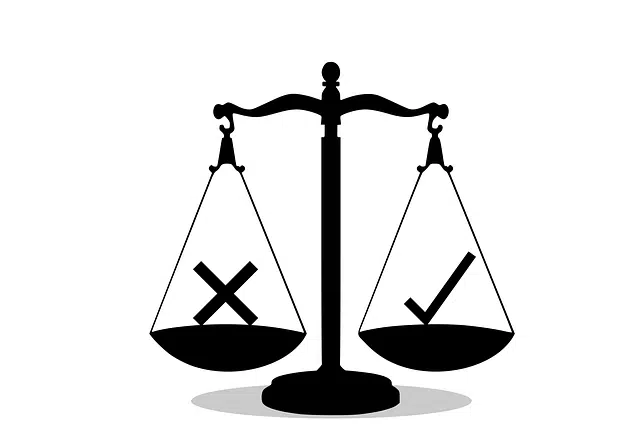
A moral obligation is established from the person's values.
An obligation is something that is imposed or whose development or realization is mandatory. The term comes from the Latin word obligatio .
The idea of morality , meanwhile, is linked to what is considered adequate, appropriate or good. A person acts as he believes is right according to his moral standards; The set of these rules determines its ethics.
A moral obligation , in this way, arises when an individual feels that he or she “should” perform a certain action because it is what is appropriate (or, in other words, what is right ). Although there are external conditions and pressures, this obligation arises from within the subject himself.
Characteristics of a moral obligation
Moral obligations are established as rules of behavior . Human beings relate to others according to their values: they behave in one way and expect, in return, that others behave in the same way.
In a way, moral obligations govern all actions and determine social relationships. Acting honestly , for example, is often considered a moral obligation.
Many times, moral obligations are part of common sense . It is not necessary for the person to reflect on this or analyze how to act, since acting “correctly” is taken as normal.

Moral obligations do not always coincide with legal mandates.
How they are established
It is important to indicate that moral obligations are established in different ways. At a general level, it is often said that the individual uses his intelligence to apply a value , without being carried away by will or impulse. The creation or acceptance of value, in turn, can occur in different ways because society (the State, institutions, neighbors, etc.) exerts influence.
It cannot be ignored that moral obligations are adjusted to the community . Although they guide individual behavior, they have to do with the collective: an action may appear as a moral obligation within a social group but not have that condition in another group.
Moral obligations and the law
It is common for moral obligations to coincide with obligations established by law . If someone comes across an injured woman in the middle of a desert area, providing assistance is a moral obligation, but also a legal duty to avoid committing the crime of abandonment of a person .
In other cases, however, moral obligations do not coincide with legislation. Lying, in many areas, is a fault from a moral point of view but does not constitute a violation of law .
Suppose that a citizen movement promotes the population to stop paying taxes . These activists justify the campaign by stating that the rulers steal money from tax collection, enriching themselves and not carrying out public works. In this context, they show documentation that serves as proof of these crimes. However, according to current laws, the payment of taxes is not optional nor is it at the discretion of each person. Therefore, while the members of this movement maintain that it is a moral obligation not to pay in order not to contribute to the illicit enrichment of officials, the legislation does not contemplate that possibility.
